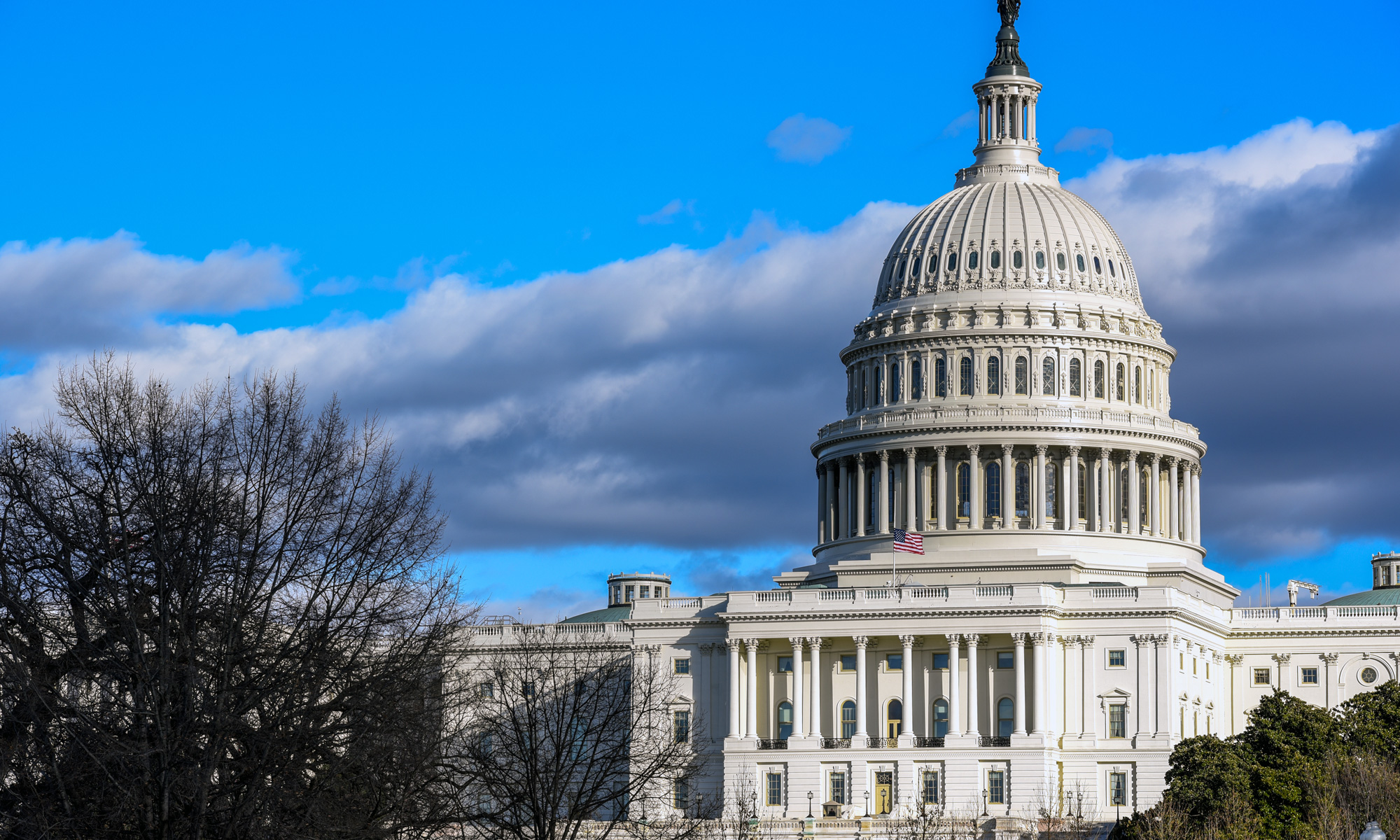Research and advocacy of progressive and pragmatic policy ideas.

The Capitol Hill Riot And Its Lessons On Hate Speech
A terrible day in history and a reminder of the need to manage hateful speech.
By Jia Vern Tham & Nelleita Omar20 January 2021
At the time of this writing, Joe Biden will be sworn in as the 46th President of the United States, replacing Donald Trump in the White House after four tumultuous years. But this Inauguration will be like no other. Washington DC is not only on lockdown; the city also has scores of National Guard troops patrolling its streets. Senior officials have pleaded with the public not to attend the ceremony in person in fear of possible security threats.
The immense security surrounding Inauguration Day is a result of the Capitol Hill insurrection just two weeks ago, which claimed five deaths and is widely seen as incited by Trump himself through his social media postings. The outgoing president has since been permanently suspended from the social media platform Twitter to prevent further incitement. Other social media companies have followed suit with varying intensities of action; Facebook has blocked Trump on all its platforms at least until the end of his term, Snapchat has suspended his account indefinitely, while Reddit has banned the ‘r/DonaldTrump’ subreddit group.
These decisions by the social media giants are arguably too late, coming after years of inaction and under-reaction. It took the recent insurrection in Washington for Twitter, for example, to publish a statement with unprecedented detail of its decision-making process on regulating speech that could incite violence.
Social media platforms are facing a reckoning, a far cry from the days when Twitter called itself “the free speech wing of the free speech party”. By and large, social media users agree with constraining hateful speech online; Malaysians at least agree that there should be limits and consequences to hate speech as we found in our recent study.
In light of this reckoning, what is needed is a clearly defined framework to manage different levels of hate speech seriousness, before it’s too late. The Capitol Hill insurrection is a case in point: although Trump’s final tweets were the ones that ultimately got him kicked off Twitter, there have been no shortage of similarly inciting tweets from him over the past few years that should have warranted suspension.
Our study in Malaysia, completed late last year, proposed categorising hate speech into increasing levels of seriousness to enable proportionate and effective responses toward different types of hate speech. It is also crucial to localise the scope of what constitutes hate speech, something that needs greater investment by social media platforms and regulators alike.
There is also the question of legislating liability. In 2019, the UK House of Commons debated the idea of conferring legal liability on tech companies for harmful content posted online. This was eventually proposed as legislation late last year. If passed, social media companies would be liable to fines of up to 10% of turnover in the UK if they fail to remove or limit harmful content on their platforms.
Whether management of online speech undergoes a significant change remains to be seen. Tech giants have long grappled with handling hateful speech, misinformation, and demagoguery in other diverse societies, in the US and around the world such as in India and Brazil. Should we continue to muddle along in Malaysia? Examples of hateful speech abounds online (especially against groups of people blamed for spreading Covid-19) in spite of current guidelines on social media companies.
The Capitol Hill riot serves as a potent reminder to governments and social media platforms of their role in stemming hateful content. We may not expect an event as violent and shocking as the Capitol Hill riot to happen here in Malaysia, but the same underlying forces are present within our society. A more transparent and consistent approach from social media platforms as well as regulators against online hate speech is crucial. It should not take a deadly event to precipitate this work.
The Centre is a centrist think tank driven by research and advocacy of progressive and pragmatic policy ideas. We are a not-for-profit and a mostly remote working organisation.



